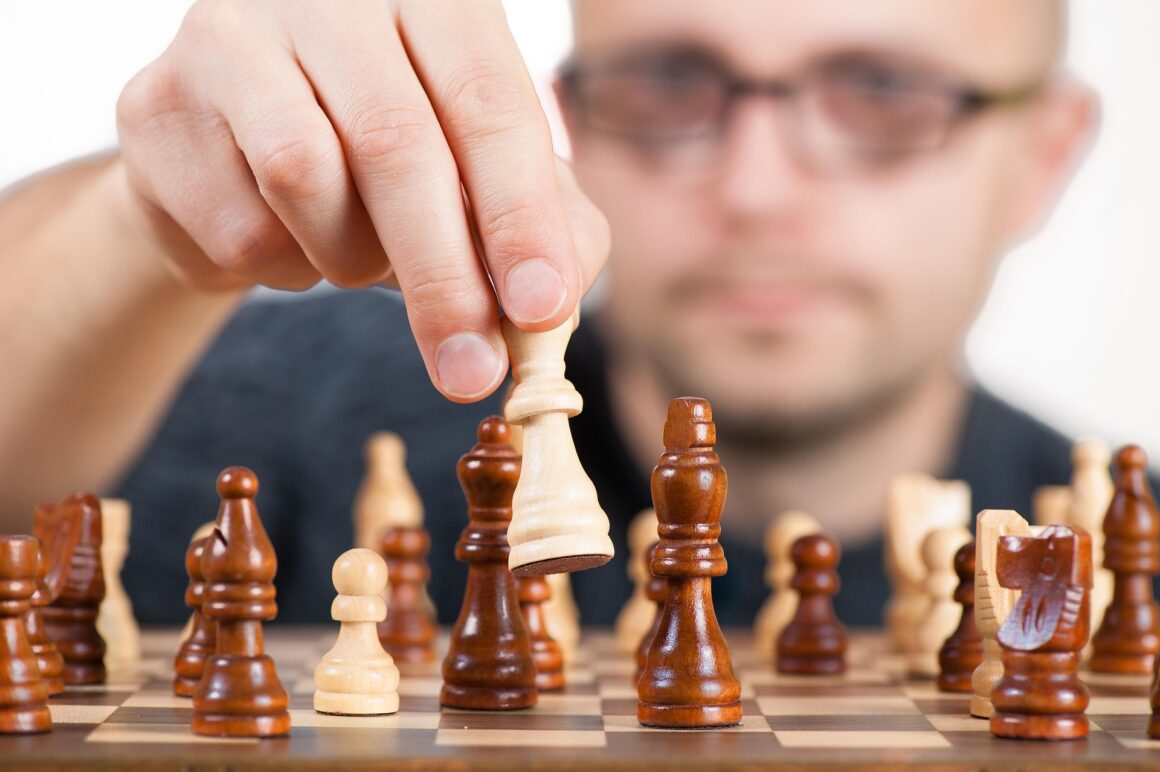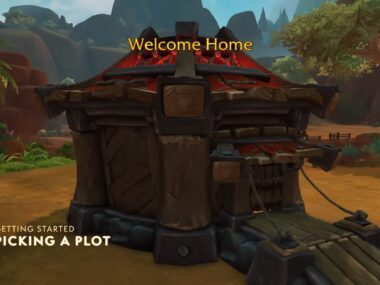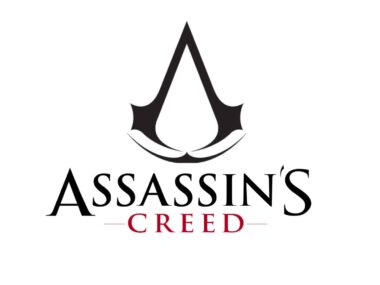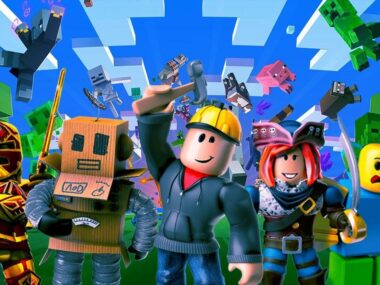At the beginning of my last video, there’s a clip of a 40-account multiboxer in World of Warcraft raging after a victory (there is swearing in the video). Not a loss—a win. He’s a stock analyst, well-educated, but listening to that clip, you’d never guess it. His Twitch account was banned yesterday. Because of how he acted when he won. One of his friends got banned today, too.
But moments like these aren’t rare anymore. In competitive online games, poor sportsmanship has become so common that it’s practically expected. That’s a problem.
Why? Because the way we handle losing, and winning, shapes the health of our communities more than any patch, balance update, or meta shift ever could.
A Tale of Two Communities: WoW vs. EVE Online
Compare that to what’s happening right now in EVE Online. There’s a massive war going on, so massive that high-sec systems are experiencing time dilation while the real action unfolds deep in null-sec. Goon has moved over 2,000 pilots and more than 600 capital and supercapital ships. They’re making their big push now, while they’re still flush with ISK. Later, with the resource redistribution from the Odyssey expansion, they won’t be able to afford a campaign of this scale.
People are swearing on stream during the battles. Understandable, given the stakes, but it’s not hate speech or slurs. When they lose a ship, they grab another one. They regroup. They try again. And later? They’ll laugh and trade stories about the fleet they lost or the battle they won. That’s the culture EVE encourages. It’s why the game is still alive after all these years.
Why Poor Sportsmanship Hurts Everyone
Losing sucks. No one enjoys it. Poor sportsmanship kills more than just the mood. It undermines the entire reason we play competitive games in the first place.
Let’s be honest: when someone melts down after a loss, or gloats in a way that’s meant to humiliate, it makes the whole thing feel pointless. There’s no joy in winning against someone who screams at you. There’s no satisfaction in losing to someone who tells you that you’re worthless. Instead of walking away with a cool story or a lesson learned, everyone walks away bitter.
Okay, some people enjoy seeing someone melt but that is not the scope of this article.
Poor sportsmanship isolates the player, too. It’s a self-defeating cycle. Rage when you lose, gloat when you win, wonder why no one wants to play with you. That multiboxer may have been winning fights, but he was losing the community. His behavior pushed people away until there was no one left in his corner. Eventually, even the platform pulled the plug.
What Good Sportsmanship Looks Like
Meanwhile, back in EVE, the players who lost the first round are doing what they should: planning, organizing, and getting ready to strike back. That’s the heart of good sportsmanship, respecting the competition enough to learn from it and come back stronger.
Miners in EVE face the same challenge. Gankers are a constant threat, but the real problem is isolation. People want to fight back, but they don’t have the tools, or the friends, to form effective fleets. A simple “Looking for Group” system that prevents friendly fire between grouped players could transform the experience. It wouldn’t make ganking impossible, but it would give more players the chance to resist together.
The Real Endgame Is Community
In the end, community is what keeps online games alive. Not just flashy wins, or epic losses. The people who are there for each other through both. Poor sportsmanship tears that down. Good sportsmanship builds it up.
Winning doesn’t matter if it drives everyone away. Competitive games thrive on community and poor sportsmanship poisons it. If you want to play the long game, treat your opponents like the future allies, teachers, and storytellers they might become.
📌 Changelog
- May 20, 2025: Article re-written to narrow focus. Added link to video. Changed image.
- June 8, 2013: Original article posted.






